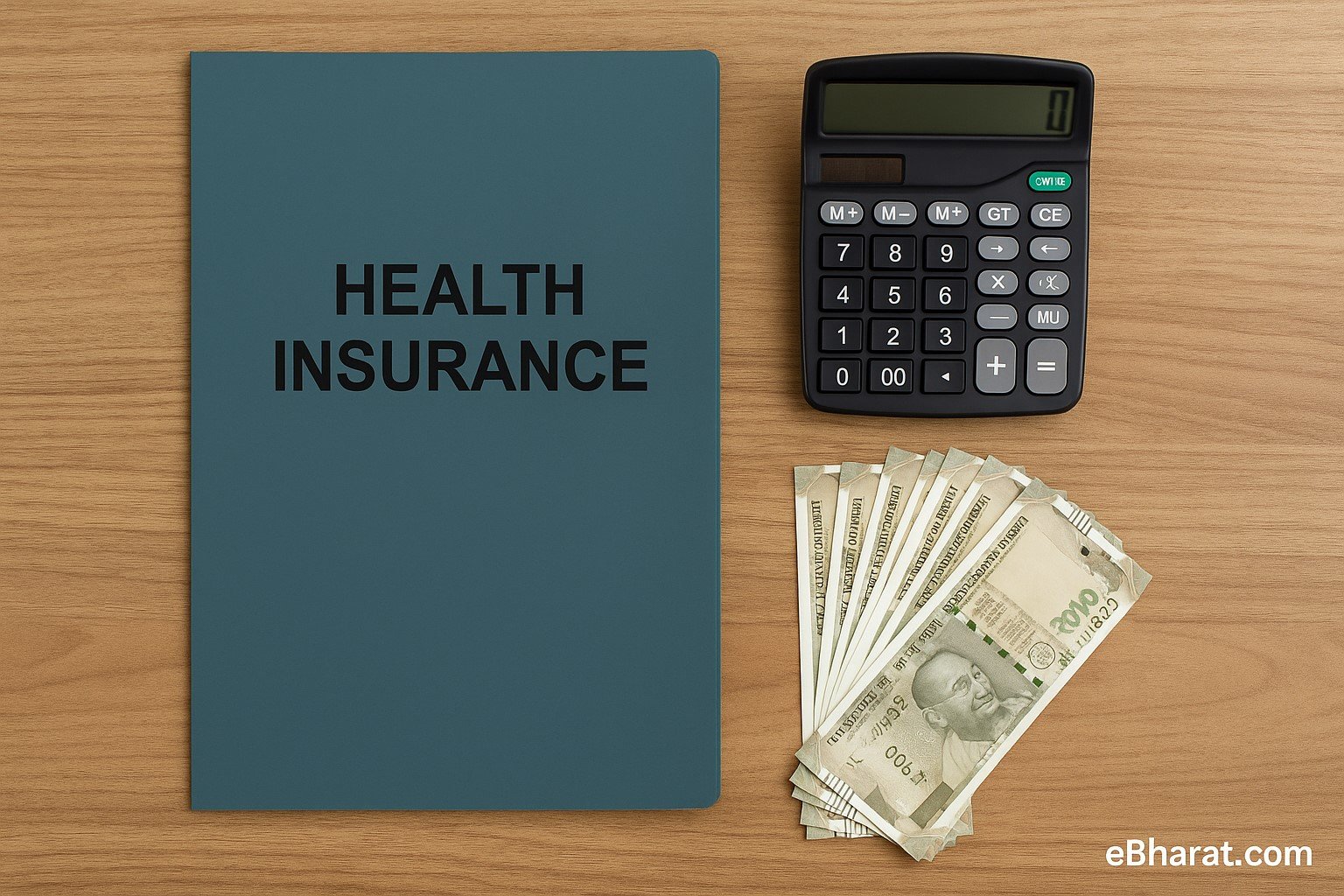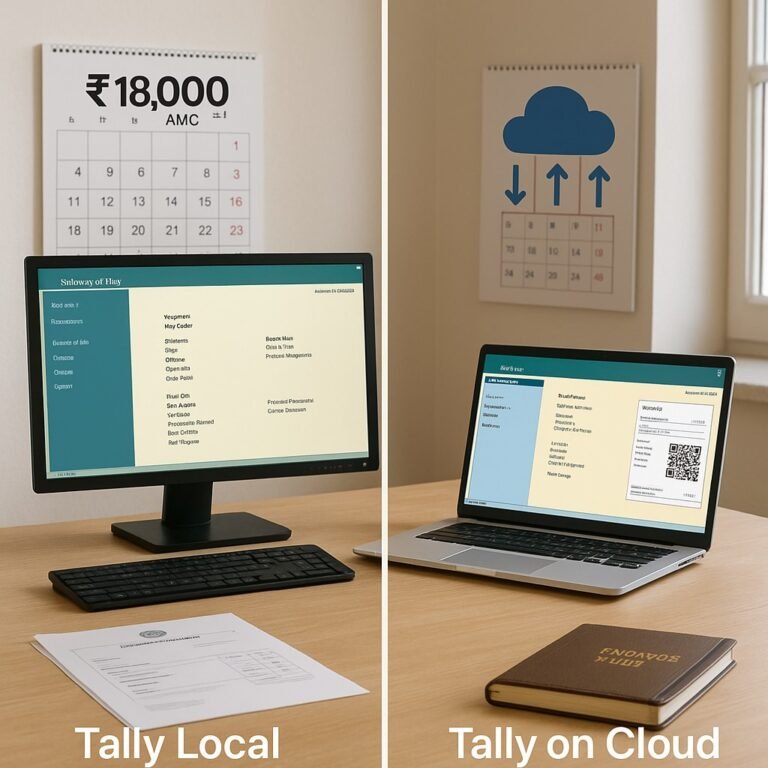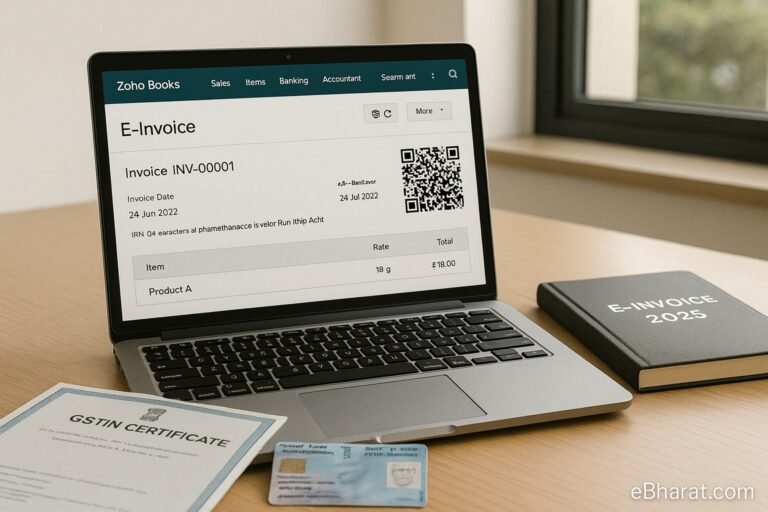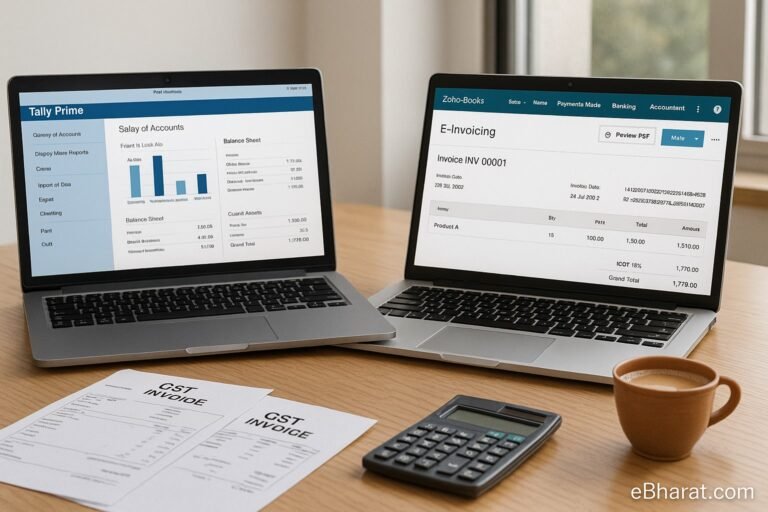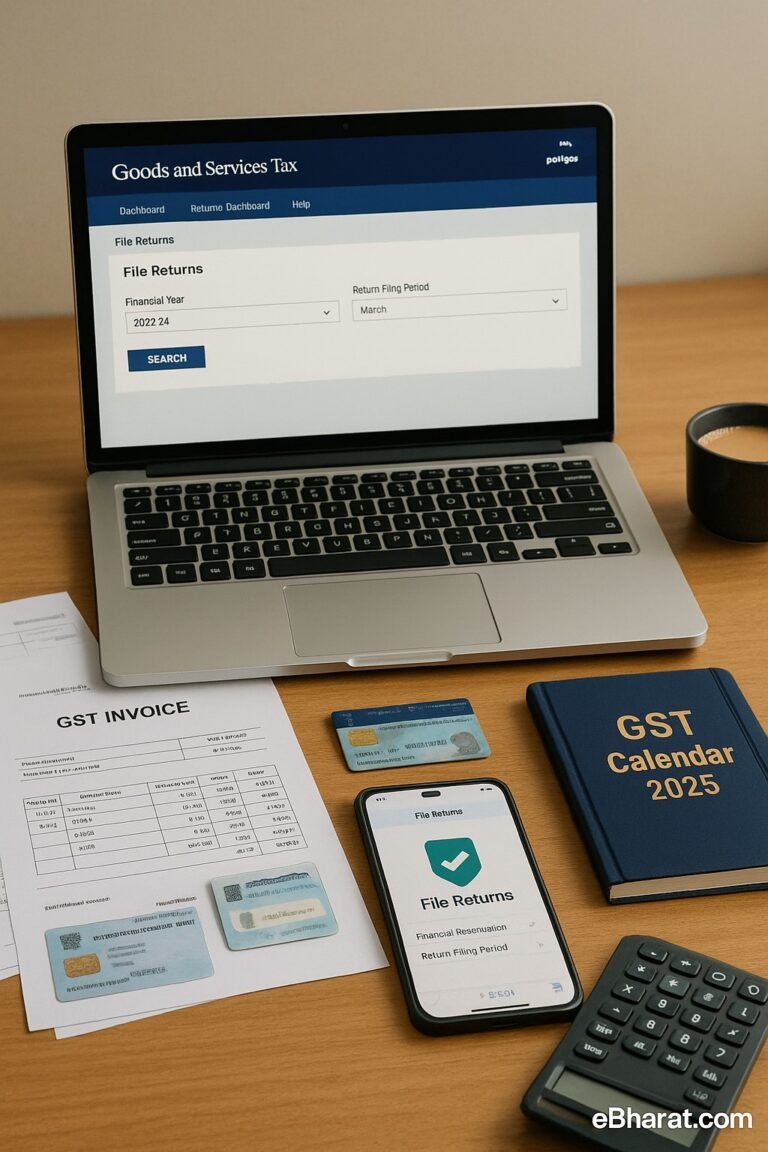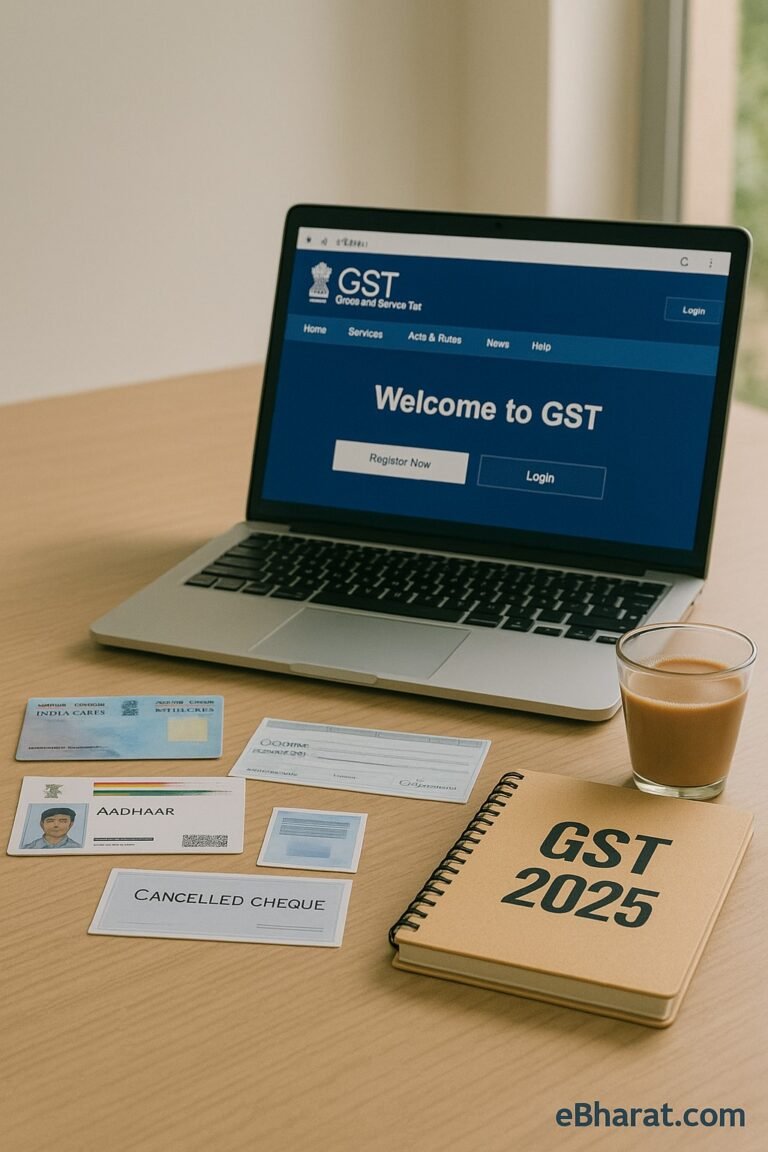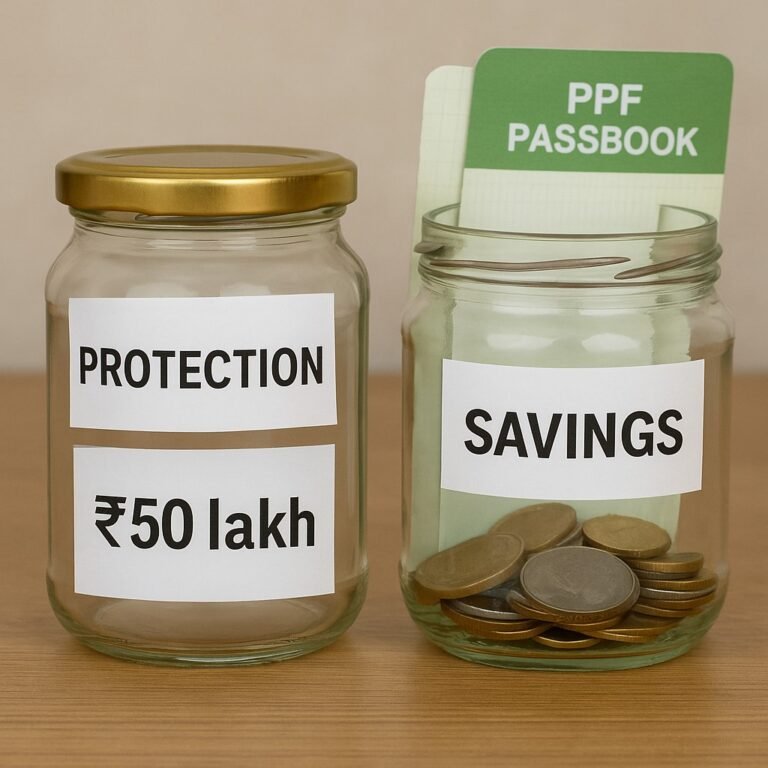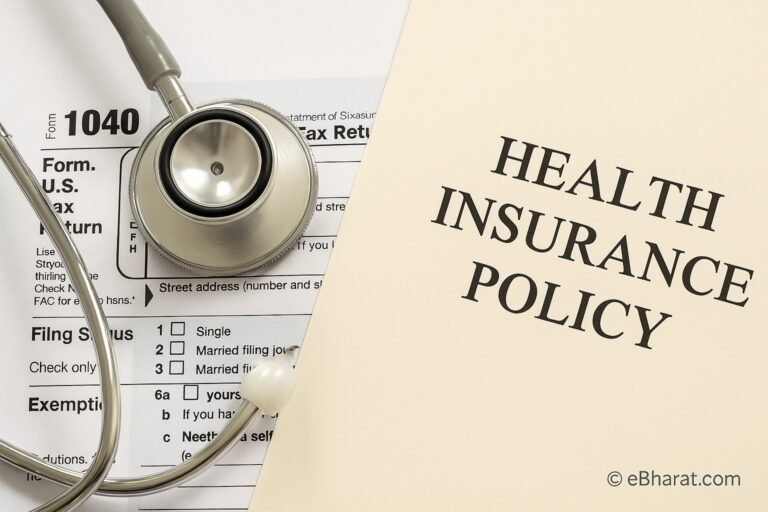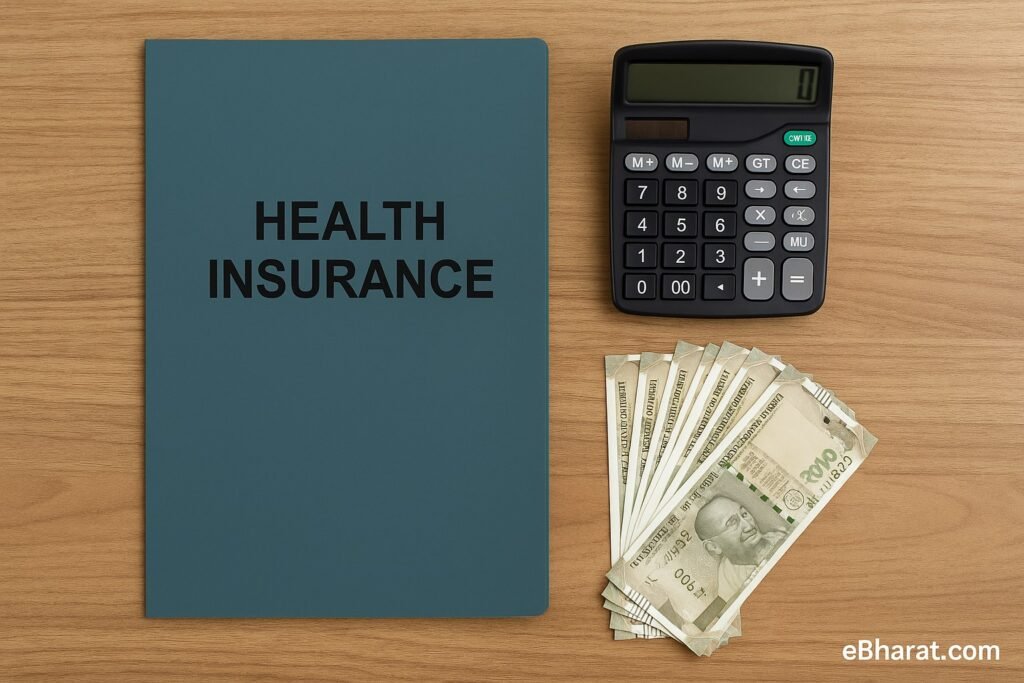
Confused about Section 80D of the Income Tax Act? Here’s a simple guide to help you claim tax deductions on your health insurance premiums — for yourself, your parents, and your family.
What is Section 80D?
Let’s start with the basics — Section 80D of the Income Tax Act is a tax benefit given for health insurance premiums you pay.
Whether you’re a salaried employee, freelancer, or a small business owner — if you’re paying premiums for a health insurance policy (for yourself or your family), you can claim a tax deduction under Section 80D.
And the best part? This deduction is over and above the ₹1.5 lakh limit of Section 80C.
Who Can Claim Deduction Under 80D?
You can claim a deduction if you’ve paid premium for the following people:
- Yourself (individual)
- Spouse (husband or wife)
- Children (dependent)
- Parents (even if they’re not dependent)
It doesn’t matter whether your parents are earning or not — as long as you are paying for their health policy, you can claim the benefit.
How Much Deduction Can You Claim ? (As per 2025)
📝 Note: Preventive health check-up up to ₹5,000 is included in the above limits — not additional.
Example: How Ritu Saved ₹75,000 in Tax
Ritu bought:
A ₹12,000 health insurance policy for herself and her husband
A ₹46,000 health policy for her 65-year-old father
Her total tax deduction under 80D:
- ₹12,000 for self (within ₹25,000 limit)
- ₹46,000 for parent (within ₹50,000 senior citizen limit)
Total deduction claimed: ₹58,000 — which saved her nearly ₹17,400 in tax (assuming 30% slab).
What Payments Qualify Under 80D?
- Premiums for Mediclaim (health insurance)
- Critical illness insurance premiums
- Family floater premiums
- Top-up/super top-up health policies
- Preventive health check-up expenses (up to ₹5,000)
Cash payments are not allowed for premium — always pay by cheque, UPI, net banking, or card.
But for preventive health check-ups, cash is allowed.
What Doesn’t Qualify Under 80D?
- Life insurance premiums (those fall under Section 80C)
- Cosmetic treatments or dental work not covered by policy
- Health insurance paid by your employer (you didn’t pay it yourself)
- Premium paid for siblings, friends, or other relatives
Documents Needed to Claim 80D
- Premium payment receipt (mentioning your name, amount, policy details)
- Insurance policy certificate
- Proof of age for senior citizen parent (if applicable)
- PAN/Aadhaar details (already required in ITR anyway)
No need to upload these documents while filing return, but keep them ready in case of scrutiny.
When and How to Claim 80D in ITR?
You can claim 80D while filing your income tax return (usually between April and July every year).
While filing online on the ITR portal or through a CA/software:
- Go to Section 80D under “Deductions”
- Fill in amount for self + family
- Fill in amount for parents (senior citizens if applicable)
- Tick the preventive health check-up option if used
Smart Tips to Maximize Your 80D Benefits
- If both you and your spouse earn — split the premium and let both claim tax benefits.
- Use preventive health check-ups (up to ₹5,000) even if you don’t have a health policy yet.
- Renew your policy before March 31 to ensure deduction in current financial year.
- Opt for a top-up plan — cheaper, and helps boost your coverage + tax deduction.
Quick Summary
| Scenario | Max Deduction |
|---|---|
| Individual + Family (below 60) | ₹25,000 |
| Parents (below 60) | ₹25,000 |
| Parents (above 60) | ₹50,000 |
| Individual (60+) + Parents (60+) | ₹1,00,000 |
| Preventive Health Check-up (included) | ₹5,000 |
Section 80D = Tax Saving + Health Security
Health insurance isn’t just about hospital bills — it’s also a smart tax-saving tool.
With premiums rising and healthcare getting expensive, claiming Section 80D benefits can give you peace of mind both financially and emotionally.
So before March 31 rolls around, check:
- Did you pay your premium?
- Did you claim your deduction?
- Can you increase coverage to save more tax?
Because in 2025, smart planning = less tax + better protection.

